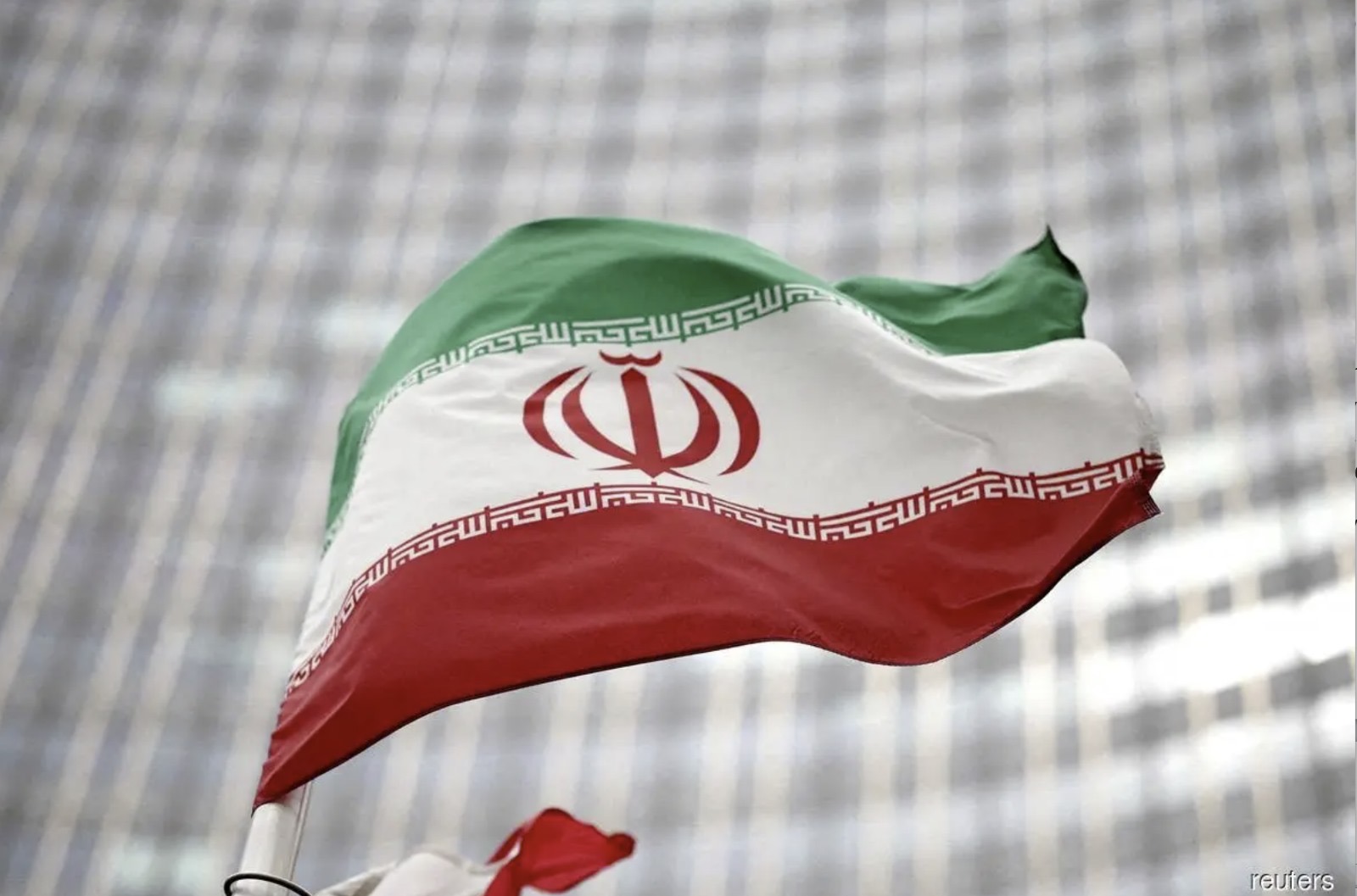Things are not going well for the government of Iran or for its people.
Its proxy armies are in shambles. In Gaza, Hamas is a mere shadow of its earlier self. Its men are hiding wherever they can find the biggest crowd of civilians to use as human shields.

And in Lebanon, Hezbollah has been stung by exploding pagers, has lost 80% of its rocket arsenal, has lost key segments of its military tunnel system in Lebanon, and has lost the villages on the Lebanese-Israeli border that hid underground concrete bunkers stocked with weapons to pull off more October 7th style attacks on the civilians of Israel.
What’s more, the fall of Syria has threatened to tear apart Iran’s circle of proxies closing around Israel–Iran’s ring of fire, its “Axis of Resistance.”
Meanwhile back in the Iranian homeland, inflation is driving the standard of living down. Paychecks are being delayed. Power outages are sweeping the country. The military has lost its air defense system. There are protests in the streets. And the regime is increasingly using the death penalty.
So it may seem like a strange time to lift the ban on two apps from the Great Satan, from the Iranian regime’s sworn enemy, the United States. Yes, apps from the very United States that Iran sees as the source of all the world’s evils. Apps from the very United States that Iran intends to topple one of these days.
But Iran’s Supreme Council of Cyberspace, headed by Iran’s new President Masoud Pezeshkian, has “unanimously agreed to lift the bans on WhatsApp and Google Play.” And the Council has made it clear that this is just a first step: more Internet freedoms are to come.
Why? Why this move toward more liberties when crowds have taken to the streets, security forces have been deployed, and you’d think the government would be clamping down?

I suspect that the answer lies in Syria. Iran propped up Bashar al-Assad, Syria’s dictator, for thirteen years. Iran supplied advice. And weapons. Iran’s puppet army in Lebanon, Hezbollah, provided troops to fight on Assad’s behalf in the Civil War that began in 2011, the year of the Arab Spring. And Syria was one of Iran’s faithful allies.
Then, just two weeks ago, on December 8th, the Assad regime fell. Suddenly. Unexpectedly. On that Sunday morning, Bashar Assad fled Damascus and sought refuge in Moscow. And his wife immediately divorced him.
A new power, the Islamic fundamentalist army called Hayat Tahrir al-Sham, took Syria over.
For Iran this was a blow. Iran’s religious rulers had to figure out how to prevent anything like Assad’s sudden downfall from happening in Iran.
And Iran’s ruling elite came to a strange conclusion. Syria fell, some said, because Bashar al-Assad was not listening to his people. Assad was not giving his people what they wanted. Instead, he was imposing his will. As Mohammad Bagher Ghalibaf, Speaker of the Iranian Parliament, put it, Assad was dodging “the path of dialogue with the people.”

After all, the founding father of the Iranian Revolution, Ayatollah Khomeini, had said in 1979 that, “Only Islamic democracy is correct.” And democracy means hearing the voice of the people.
So while the current Iranian Supreme Leader’s people were being forced to buy cheaper foods by inflation, while the paychecks of his workers were being delayed, while his nation’s power grids were going down in seventeen provinces, while his proxy armies were being stripped of their weapons, the current leader of Iran, Ayatollah Sayyid Ali Hosseini Khamenei, allowed Google Play and What’s App to reappear on the monitors of desk top and laptop users. (Sorry, these apps have not yet been approved for phones.)
Why did the Ayatollah, the man who has the last word in Iran, approve of allowing Google Play and WhatsApp back into his country? I suspect it was to listen to his people. And to give them what they want. For a simple purpose: to avoid the fate of Bashar al-Assad.
References:
After Assad: How Iran Is Denying Its Defeat in Syria?
|
https://www.aljazeera.com/news/2024/12/8/what-happened-in-syria-has-al-assad-really-fallen
https://president.ir/en/156166
https://www.jpost.com/middle-east/article-828349
https://www.bbc.com/news/10338256
https://apnews.com/article/iran-social-media-whatsapp-google-d886b47c427f33f96fb85e7c78d0b831
______
Howard Bloom of the Howard Bloom Institute has been called the Einstein, Newton, Darwin, and Freud of the 21st century by Britain’s Channel 4 TV. One of his eight books–Global Brain—was the subject of a symposium thrown by the Office of the Secretary of Defense including representatives from the State Department, the Energy Department, DARPA, IBM, and MIT. Bloom’s work has been published in The Washington Post, The Wall Street Journal, Wired, Psychology Today, and the Scientific American. He does news commentary at 1:06 am Eastern Time every Wednesday night on 545 radio stations on the highest-rated overnight syndicated talk radio show in North America, Coast to Coast AM. Bloom’s new book, coming out in February, 2025, is The Case of the Sexual Cosmos: Everything You Know About Nature is Wrong, which Harvard’s Ellen Langer calls “A fascinating read.” For more, see http://howardbloom.net.
